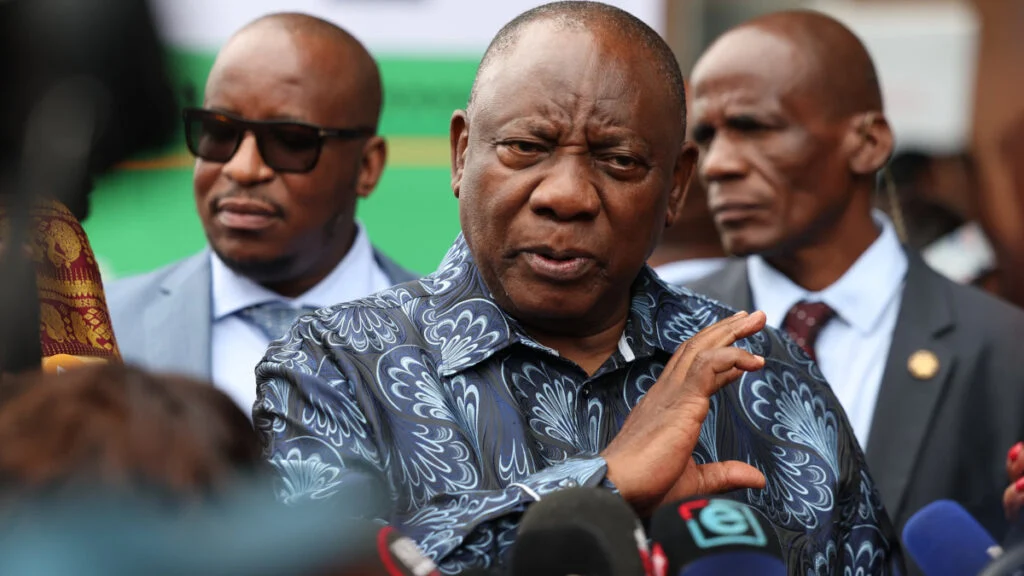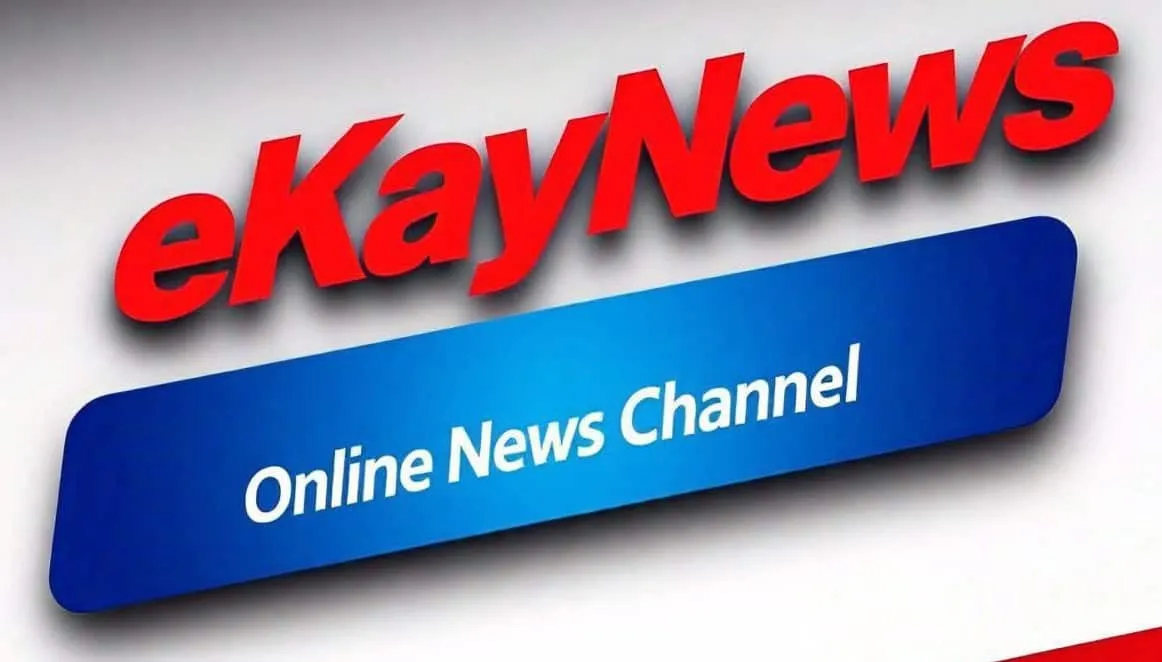Ramaphosa Declares Economic Emergency and Eskom Salary Demands
Ramaphosa declares economic emergency and Eskom salary demands have taken center stage in South Africa’s economic and political landscape. President Cyril Ramaphosa’s declaration of an “economic emergency” and Eskom employees’ call for a 15% wage increase underscore the growing urgency to revive the country’s struggling economy and stabilise public institutions.
South Africa’s Economy Under Pressure
The South African economy continues to wrestle with slow growth, high unemployment, and rising public sector costs. On Tuesday, the South African rand remained stable after central bank data revealed an increase in foreign reserves from $65.899 billion in August to $67.865 billion in September. This rise offered temporary relief amid growing investor concerns.
However, the global economy remains volatile. Gold prices hit record highs as traders watched potential U.S. fiscal disruptions, while the rand hovered around R17.21 to the dollar. Economists at Nedbank noted that while South Africa benefits from commodity exports, it has not fully capitalised on the ongoing global demand surge.
Ramaphosa’s 10-Point Economic Emergency Plan
In response, President Ramaphosa declared an economic emergency under the ANC’s new 10-point recovery plan. The initiative seeks to stimulate growth, improve state efficiency, and tackle unemployment through an “Economic War Room” within the Presidency.
This unit will monitor key sectors, enforce accountability, and publish regular progress reports. Ramaphosa emphasised that South Africa can no longer afford delays in policy execution, stating that “delivery and performance must define this administration.”
Despite the ambitious announcement, analysts remain cautious. Many argue that past promises of reform have failed due to weak implementation, corruption, and bureaucratic inefficiency. The success of this new plan depends heavily on the government’s ability to maintain transparency and discipline.
Eskom Wage Demands Add to Fiscal Strain
While the Presidency attempts to revive growth, Eskom wage increase talks threaten to destabilise the government’s fragile fiscal position. The utility’s largest union is demanding a 15% salary hike — more than four times the national inflation rate.
Eskom, which only recently stabilised its power grid after years of rolling blackouts, faces pressure to meet demands while controlling costs. Spokeswoman Daphne Mokwena confirmed that official negotiations have yet to begin but stressed that the company must balance worker welfare with financial sustainability.
Economic analysts warn that granting such a large increase could worsen Eskom’s debt crisis, already exceeding R400 billion. The wage standoff could also trigger wider industrial action across the public sector, intensifying pressure on state finances.
Political and Financial Fallout
The ANC financial crisis continues to shadow the ruling party. Facing an insolvency application over R85 million in debt, the ANC risks losing access to over R1 billion in public and donor funding. This could hinder its operations ahead of the 2026 local government elections.
The situation highlights a deeper concern: South Africa’s political instability is now intertwined with its economic decline. The ANC’s internal struggles, corruption allegations, and fiscal mismanagement threaten to derail recovery efforts even as Ramaphosa’s economic emergency plan takes shape.
Hope and Uncertainty in the Energy Sector
Meanwhile, lobby group AfriForum has secured a temporary halt on a R54 billion settlement between Eskom and the energy regulator Nersa. AfriForum argues that the agreement lacks transparency and could unfairly burden taxpayers.
This pause has sparked mixed reactions — with some praising the move for protecting consumers, while others warn it could delay much-needed investment in South Africa’s electricity infrastructure.
Broader Economic Indicators
Beyond politics and energy, macroeconomic indicators show a fragile recovery.
-
Rand Exchange Rates: R17.25/$, R23.10/£, R20.04/€.
-
Oil Price: $65.90 per barrel.
-
Gold: Reaches record highs amid global uncertainty.
Despite moderate currency stability, structural challenges remain. Low investor confidence, poor infrastructure, and high unemployment continue to restrict long-term growth.
Looking Ahead
As the South African economy navigates this turbulent period, both citizens and businesses await the outcomes of Ramaphosa’s emergency measures and Eskom’s wage talks.
If implemented effectively, the 10-point plan could mark a turning point — restoring public confidence and revitalising state-owned entities. However, if political infighting and fiscal mismanagement persist, South Africa could face deeper instability in 2026 and beyond.








